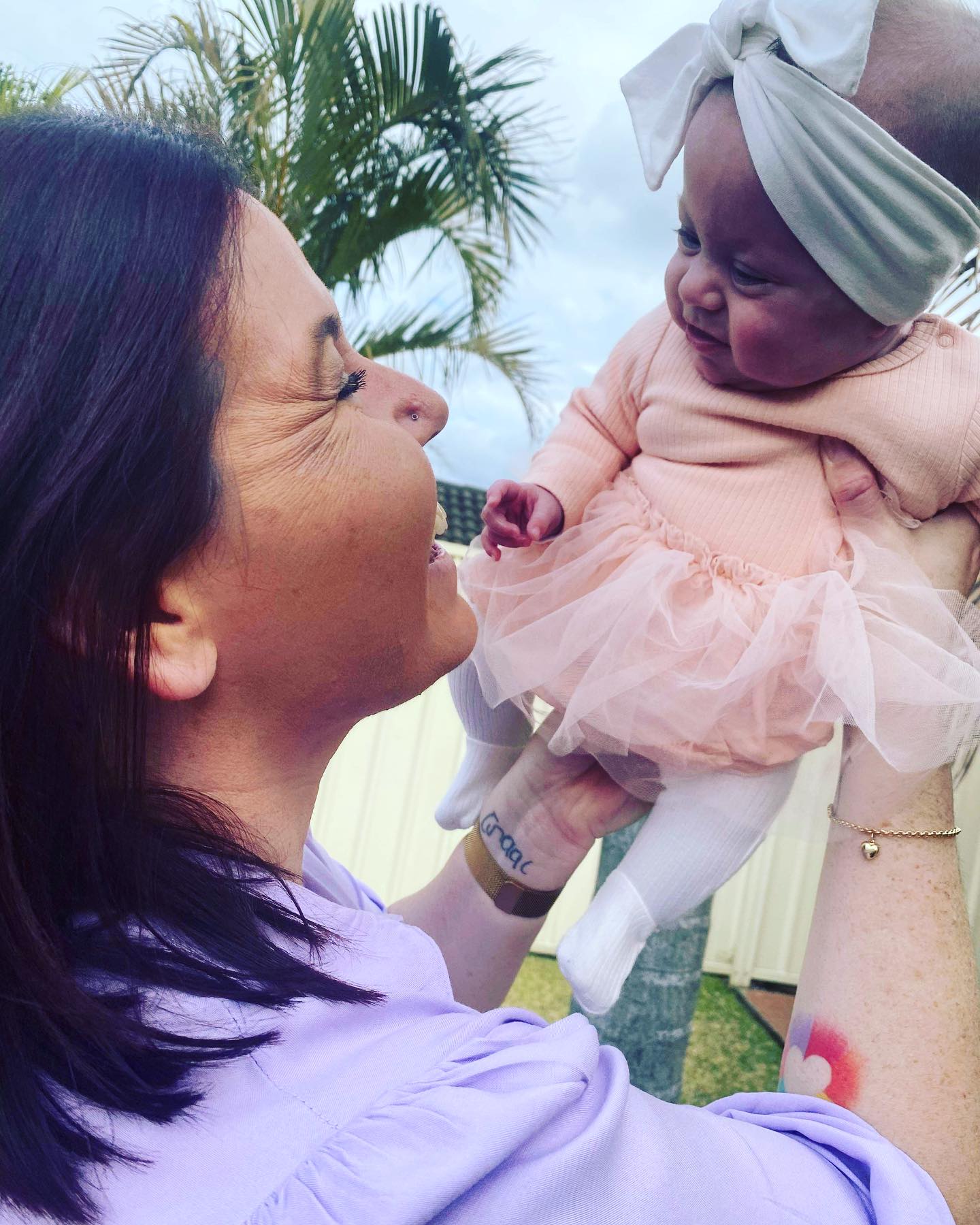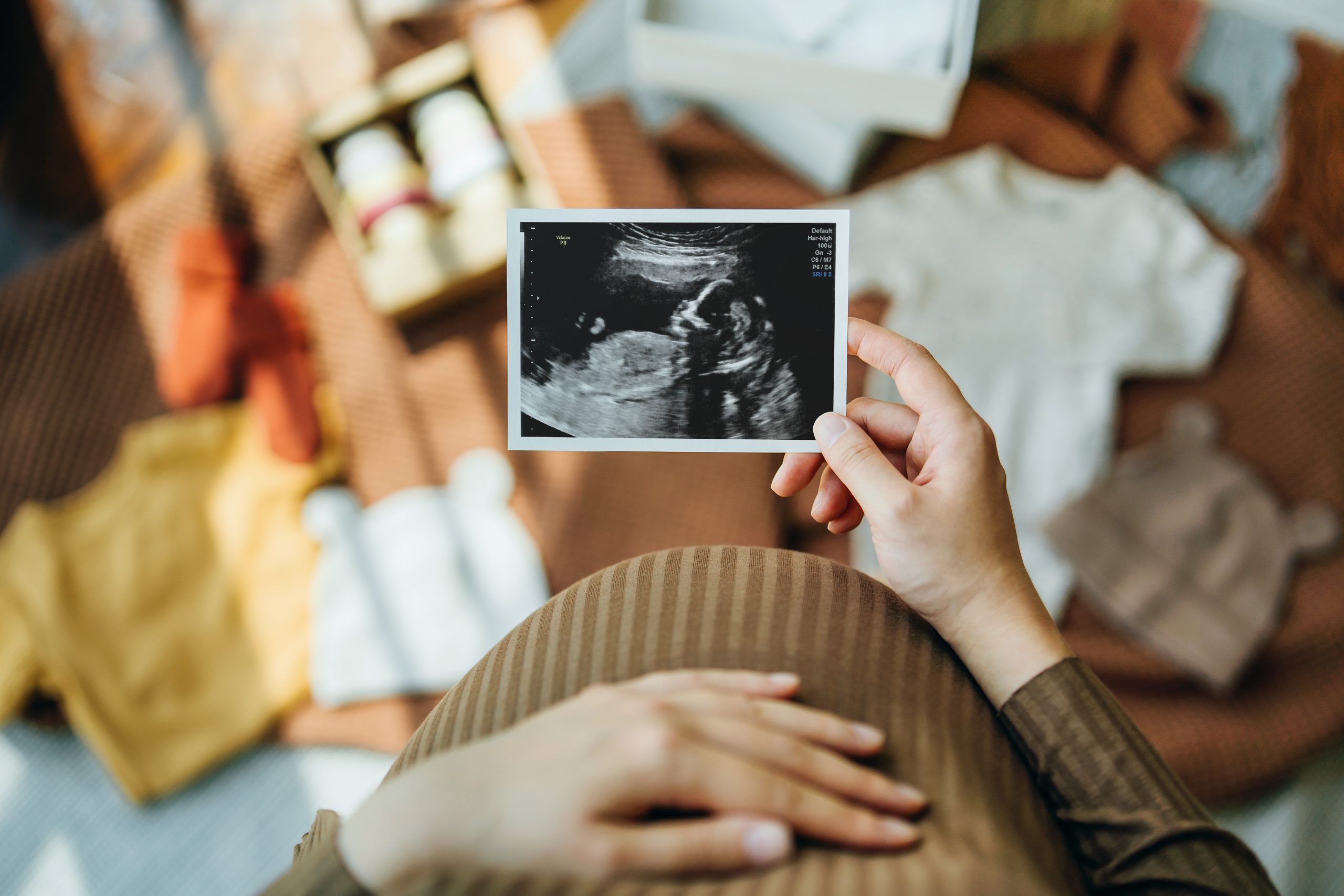Cancer's Impact on Fertility and How to Possibly Overcome It
- A woman, 34, whose husband passed away from cancer the day they got married, used his frozen sperm to give birth to their child several years later.
- Various cancer treatments can affect both men’s and women's fertility.
- Before undergoing cancer treatment, it’s important that patients speak to their doctors about fertility preservation if they wish to have a family in the future.
- Egg, sperm, and embryo freezing are common approaches to fertility preservation, but other options exist.
Goodsell says she feels like she still has a piece of her late husband with her thanks to the couple freezing his sperm before he started cancer treatment.
Read More
The last few years have been an emotional journey for Goodsell, who also works as a nurse. She and late husband Jason Goodsell met in 2014 on the dating app Tinder. Afterward, the two hit it off and began dating. After a few years of courtship, Jason proposed to her in early 2017. However, amid the joyous marriage proposal, the couple was confronted with a surprising cancer diagnosis.
Jason was diagnosed with stage 4 bowel and liver cancer just six days after he proposed.
“He was so young,” Goodsell said of her husband’s diagnosis.
Liver cancer is a form of cancer that begins in the cells of your liver, with the most common type being hepatocellular carcinoma, according to the Mayo Clinic. When the cancer starts in the liver, it’s called primary liver cancer.
Bowel cancer is also commonly called colorectal cancer in the U.S. This kind of cancer develops in your large intestine or bowel (colon) or the end of your intestine (rectum). It starts when abnormal lumps called polyps turn cancerous.
In stage 4, the cancer has spread to other organs such as the liver, lungs, or the peritoneal cavity, which is the space in your abdomen that holds your intestines, stomach, and liver.
Symptoms for bowel or colorectal cancer may include a change in bowel habits which can involve constipation or diarrhea. Your stool may also be a different color than normal such as black or tarry colored. Other symptoms of this kind of cancer may include cramps, gas, and tiredness.
After Jason’s diagnosis, he began treatment.
Treatment Options for Advanced Disease
“He had radiation, chemotherapy, then had surgery and was fitted with an ileostomy bag,” Goodsell explained.
During radiation, high-energy beams such as X-rays are aimed at cancer cells to hopefully kill them. Similarly, chemotherapy involves using cancer-killing drugs given to the patient orally or intravenously.
The ileostomy bag is attached to the body and collects stool waste because sometimes, due to treatment, da patient’s colon and rectum will stop functioning normally. Sometimes ileostomy bags are used temporarily — for a few months — and other times they become a permanent fixture. Since they collect body waste, they are often replaced multiple times a day.
Despite treatment, Goodsell said, none of that was working and he decided to stop it.
Jason passed away on May 3, 2019, which was also the day the couple was legally married. Several years later, Goodsell moved forward to have the first embryo transfer using Jason’s frozen sperm — and she immediately became pregnant.

Although Goodsell experienced a relatively normal pregnancy, to her surprise, she went into labor several months early.
” knew how early she was and I didn’t want it to be true, as a nurse I know how dangerous it can be,” Goodsell said.
When baby Matilda was born, she had to spend 17 weeks in the NICU because aside from being born severely underweight, she also suffered from necrotizing enterocolitis (NEC). This condition is the result of inflammation of the intestine that impacts newborns, according to the National Institute of Health.
“I stayed at the hospital full-time. It was hard not having Jason there, to not have someone who was going through what I was,” Goodsell said.
However, this past May, Goodsell and baby Matilda finally left the hospital and began their new lives together at home.
“It was exciting and overwhelming to be coming home,” Goodsell said.
“I believe Jason was with her every step of the way, looking out for her. I just know he’s the reason she’s doing so well,” Goodsell added of the couple’s daughter, who’s now up to 6 lbs., 8 oz.
Cancer’s Impact on Male Fertility
Cancer treatments like chemotherapy can damage sperm in men, and hormone therapy can decrease sperm production, according to the National Cancer Institute. Radiation treatment can also lead to lower sperm count and testosterone levels impacting fertility.
These possible side effects of cancer treatment should be discussed with your doctor before starting treatment. As with the Goodsells, men may have the option to store their sperm in a sperm bank before treatment to preserve their fertility.
This sperm can then be used later as part of in vitro fertilization (IVF), a procedure in which a woman's egg is fertilized with sperm in a lab. The embryo is then transferred to a woman’s uterus to develop.
Cancer Treatment's Impact on Fertility in Women
Just as cancer treatment can impact men’s fertility, women may also be impacted. Some types of chemotherapy can destroy eggs in your ovaries. This can make it impossible or difficult to get pregnant later. Whether or not chemotherapy makes you infertile depends on the type of drug and your age since your egg supply decreases with age.
“The risk is greater the older you are,” reproductive endocrinologist Dr. Jaime Knopman, told SurvivorNet.
“If you’re 39 and you get chemo that’s toxic to the ovaries, it’s most likely to make you menopausal. But, if you’re 29, your ovaries may recover because they have a higher baseline supply,” Dr. Knopman continued.
More on Fertility and Cancer
Radiation to the pelvis can also destroy eggs. It can damage the uterus, too. Surgery to your ovaries or uterus can hurt fertility as well.
Meanwhile, endocrine or hormone therapy may block or suppress key fertility hormones and may prevent a woman from getting pregnant. This infertility may be temporary or permanent, depending on the type and length of treatment.
If you are having a treatment that includes infertility as a possible side effect, your doctor won’t be able to tell you for sure whether you will have this side effect. That’s why you should discuss your options for fertility preservation before starting treatment.
Research shows that women who have fertility preserved before breast cancer treatment are more than twice as likely to give birth after treatment than those who don’t take fertility-preserving measures.
Most women who preserve their fertility before cancer treatment do so by freezing their eggs or embryos.
After you finish your cancer treatment, a doctor who specializes in reproductive medicine can implant one or more embryos in your uterus or the uterus of a surrogate with the hope that it will result in pregnancy.
If you freeze eggs only before treatment, a fertility specialist can use sperm and your eggs to create embryos in vitro and transfer them to your uterus.
When freezing eggs or embryos is not an option, doctors may try these approaches:
- Ovarian tissue freezing is an experimental approach for girls who haven’t yet reached puberty and don’t have mature eggs or for women who must begin treatment right away and don’t have time to harvest eggs.
- Ovarian suppression prevents the eggs from maturing so that they cannot be damaged during treatment.
- Ovarian transposition, for women getting radiation to the pelvis, moves the ovaries out of the line of treatment.
In addition to preserving eggs or embryos, positive research has shown that women with early-stage hormone-receptor (HR) positive breast cancer were able to safely pause endocrine therapy (ET) to try to get pregnant and they did not have worse short-term recurrence rates than people who did not stop endocrine therapy.
Questions for Your Doctor
If you’re wondering how your cancer treatment may affect your fertility and what options are available to you, consider asking your doctor these questions, according to the National Cancer Institute:
- Could my treatment lead to infertility?
- Are there other recommended cancer treatments that might not cause fertility problems?
- Which fertility preservation options would you advise for me?
- What fertility preservation options are available at this hospital? At a fertility clinic?
- Would you recommend a fertility specialist (such as a reproductive endocrinologist) that I could talk with to learn more?
- What are the chances that my fertility will return after treatment?
Learn more about SurvivorNet's rigorous medical review process.
